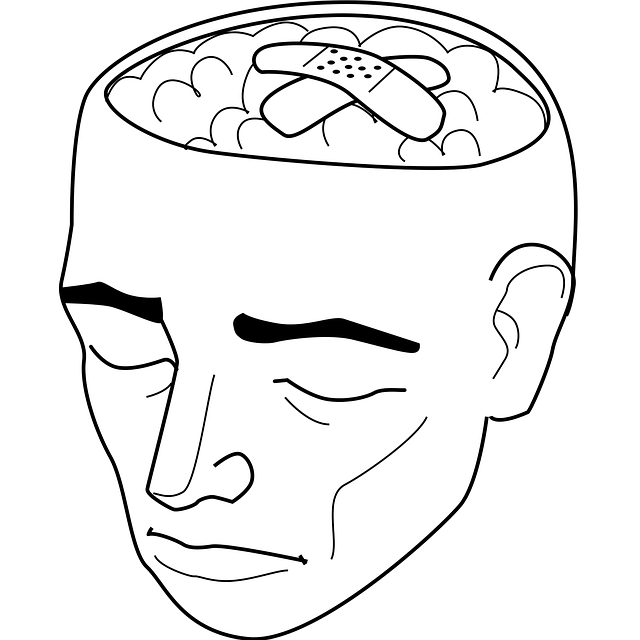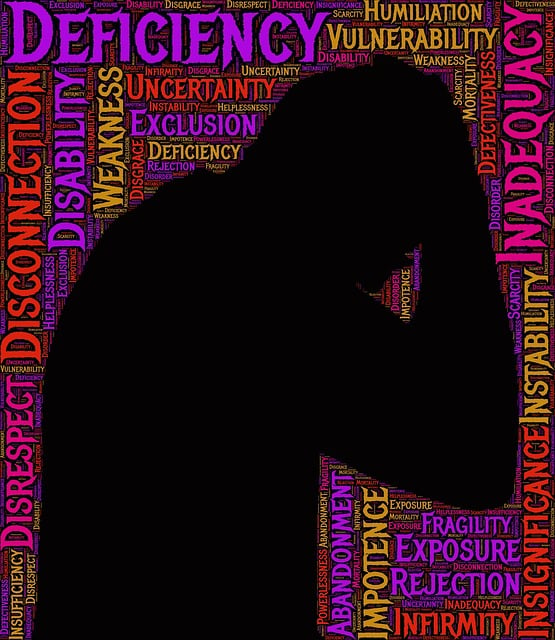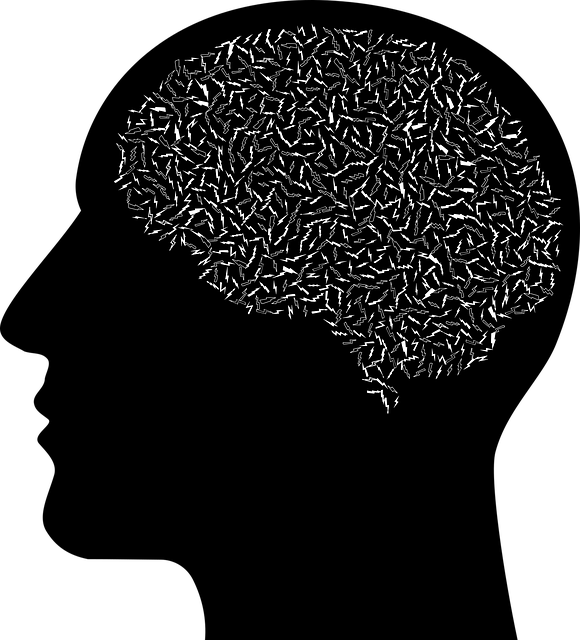Wheat Ridge Child Abuse Therapy leverages community outreach programs to improve access to care for vulnerable populations by addressing barriers to help-seeking and building trust. Through educational workshops, support groups, and self-care initiatives tailored to local needs, these programs empower individuals, caregivers, and healthcare providers to break cycles of trauma and promote long-term mental health. Success hinges on understanding specific demographics, integrating evidence-based practices, and implementing risk management planning. Unique challenges are overcome through targeted initiatives like cultural competency training and social skills development, enhancing participation from marginalized groups. Robust evaluation methods measure mental health improvements, access to resources, and shifts in community attitudes, ensuring programs adapt, remain sustainable, and maximize positive changes over time.
Community outreach programs play a vital role in strengthening local communities, especially for vulnerable populations. This article explores the implementation of such programs at Wheat Ridge Child Abuse Therapy, delving into their purpose and benefits. We’ll uncover strategies for designing effective initiatives tailored to the unique needs of Wheat Ridge, while addressing challenges and providing solutions. Additionally, we’ll discuss measuring impact and ensuring long-term sustainability.
- Understanding Community Outreach: Its Role and Benefits for Wheat Ridge Child Abuse Therapy
- Designing Effective Programs: Strategies for Success in a Local Context
- Implementation Challenges and Solutions: Overcoming Barriers to Reach Vulnerable Populations
- Measuring Impact and Sustainability: Evaluating the Long-term Effects of Outreach Initiatives
Understanding Community Outreach: Its Role and Benefits for Wheat Ridge Child Abuse Therapy

Community outreach programs play a pivotal role in enhancing the accessibility and impact of services like Wheat Ridge Child Abuse Therapy. By extending support directly into communities, these initiatives ensure that vulnerable populations, especially children and families facing abuse or neglect, receive much-needed care. This proactive approach not only reaches individuals who might otherwise face barriers to seeking help but also fosters a sense of trust and partnership within the community.
For Wheat Ridge Child Abuse Therapy, implementing community outreach goes beyond service delivery; it’s about building resilience and empowering communities to take charge of their well-being. These programs can include educational workshops on recognizing and reporting child abuse, support groups for caregivers, and initiatives focused on burnout prevention strategies for healthcare providers. By integrating self-care routines and encouraging inner strength development, community outreach equips individuals with the tools to break cycles of trauma and promote long-term mental health.
Designing Effective Programs: Strategies for Success in a Local Context

Designing effective community outreach programs is an art that requires a deep understanding of the local context and needs. At Wheat Ridge Child Abuse Therapy, we’ve learned that success lies in tailoring initiatives to resonate with the specific demographics and challenges faced by your target audience. This involves conducting thorough research to identify pressing issues within the community, such as elevated stress levels or unresolved conflicts, which can be addressed through targeted interventions.
By integrating evidence-based practices, like Conflict Resolution Techniques and Stress Management strategies, into outreach efforts, programs become more impactful. Additionally, Risk Management Planning for Mental Health Professionals is crucial in ensuring safe and effective delivery of services. These comprehensive approaches not only foster positive change but also build resilience within communities, ultimately enhancing the overall well-being of its members.
Implementation Challenges and Solutions: Overcoming Barriers to Reach Vulnerable Populations

Implementing community outreach programs can present unique challenges when aiming to serve vulnerable populations, such as those facing child abuse and neglect. Overcoming barriers to reach these individuals requires a strategic approach that considers cultural sensitivity and accessibility. One significant hurdle is ensuring that services are tailored to meet the specific needs of diverse communities, including marginalized groups with limited access to healthcare.
Wheat Ridge Child Abuse Therapy has addressed this issue through comprehensive programs that incorporate Healthcare Provider Cultural Competency Training and Social Skills Training. By educating professionals on cultural nuances and promoting inclusive practices, these initiatives enhance trust and encourage participation from underrepresented populations. Encouraging positive thinking and fostering open dialogue are essential strategies to overcome barriers, ultimately improving the effectiveness of outreach efforts and the well-being of vulnerable individuals within the community.
Measuring Impact and Sustainability: Evaluating the Long-term Effects of Outreach Initiatives

Measuring the impact and sustainability of community outreach programs is crucial to understanding their long-term effects on vulnerable populations, like those served by Wheat Ridge Child Abuse Therapy. By implementing robust evaluation strategies, organizations can assess not only immediate changes but also the lasting benefits these initiatives bring. This includes tracking improvements in mental health outcomes, increased access to resources, and shifts in community attitudes towards sensitive issues.
Effective outreach goes beyond addressing immediate needs; it aims to foster cultural sensitivity in mental healthcare practice and build resilient communities equipped with conflict resolution techniques. Through regular data collection and analysis, programs can identify what works best, adapt strategies as needed, and ensure their sustainability over time. This continuous evaluation process is essential for maximizing the positive changes brought about by community outreach efforts.
Implementing community outreach programs, such as those practiced by Wheat Ridge Child Abuse Therapy, is a powerful strategy to reach and support vulnerable populations. By understanding the local context, designing tailored programs, addressing implementation challenges, and measuring impact, organizations like Wheat Ridge can create lasting positive change. These initiatives not only enhance access to essential services but also foster community resilience and well-being. Through continuous evaluation and adaptation, outreach efforts can ensure long-term sustainability and a brighter future for all.














